Karen Maine’s debut feature, Yes, God, Yes stars Stranger Things’ Natalia Dyer as a teenage Catholic girl pushing back against her conservative religious upbringing and discovering her sexuality through self-pleasure. As a semi-autobiographical coming-of-age film, this comedy examines female sexual exploration and repression, sex education, and Catholic hypocrisy through the eyes of Alice, a character whose experiences reflect Maine’s. Outtake spoke with the first-time director and writer of Yes, God, Yes about sexuality, guilt, and catharsis.
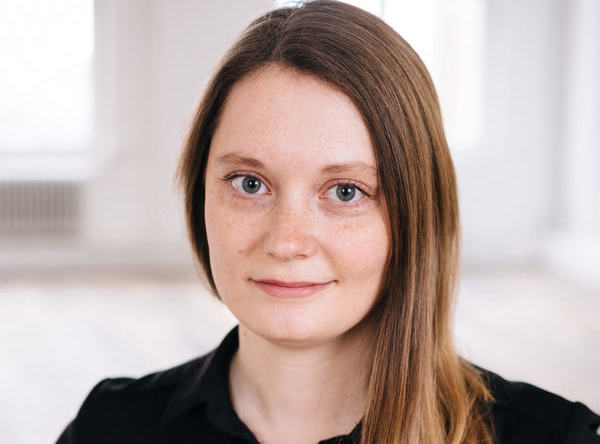
How would you describe this movie?
It’s a coming of age story about a young girl who’s discovering her sexuality for herself, specifically sexual pleasure for herself, not for anyone else. And that was what I set out to make; the religious aspect is the situation she finds herself in, but the story is about discovering your own self-pleasure, which is something we don’t see very much of in coming-of-age films. Usually, there’s some kind of partnered sex aspects to it and that obviously comes at some point for most people, but I think the majority of people’s sexual journeys begin with self-discovery. So, that’s what I wanted to explore.
Having your directorial debut be inspired by your life, did that make directing harder or easier?
In terms of directing, I think it makes it much, much easier. I mean, it’s not like it’s a biography of my life so, none of the other characters or even the protagonists are really people in my life. So that made it easy from an emotional perspective. And as a first time director, you get the benefit of hiring a lot of key crew and people who come in and help you figure out the cinematography, and the lighting, and the costumes, and the production design. So really the only thing the director has to do on their own is direct the actors, and having had that personal experience going into it made that aspect much easier. It really was a great benefit having such a personal story for my first time around.
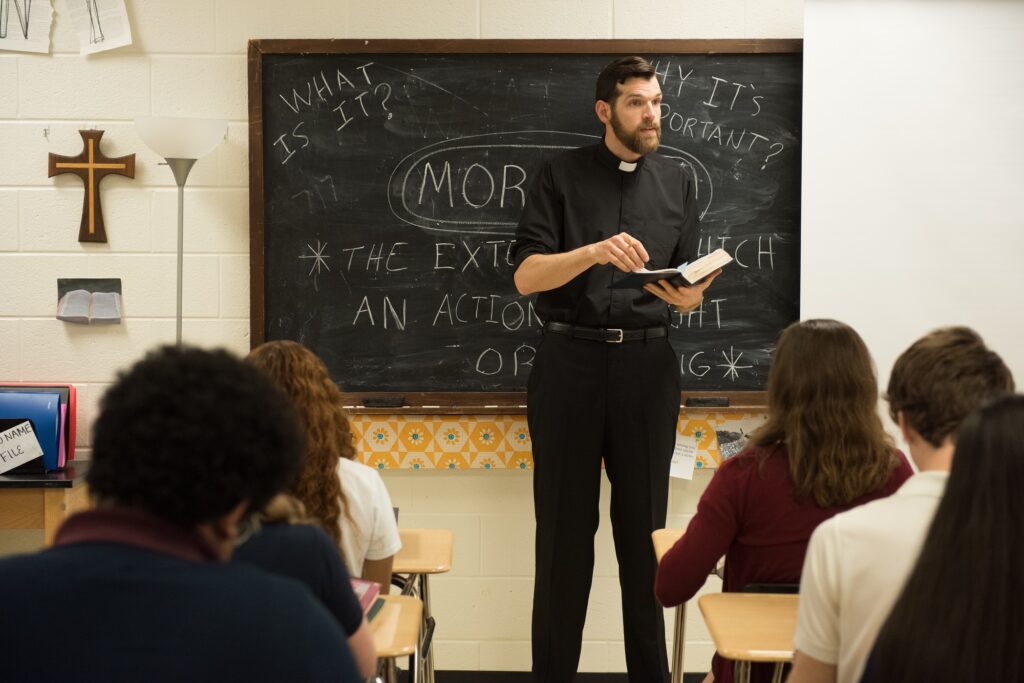
You mention that this isn’t an autobiography, but was there still a sense of catharsis in making this movie?
I think the catharsis came later once it was done. In the movie, Alice goes on this retreat that I also went on, and which in hindsight I found very manipulative and creepy. You’re sent to the middle of nowhere, they take away your cell phone, they cut you off from socialising with other camp goers the way you would at school. It’s just a lot of self-reflection and coerced sharing of traumas for almost propaganda purposes. So, when we were shooting I remember looking around and being a little creeped out, having a little bit of PTSD flare back up; but that was what we wanted to do! In that sense, the fact I was uncomfortable was a good sign. Anyway, now that it’s come out it’s very cathartic. Especially, you know, there’s people reaching out to me who went to my high school and have been like, “thank you, I felt the same way,” or there’s people who also went to my school who’ve messaged like, “how dare you?”. I find both of those very cathartic. The way teenage girls are conditioned and indoctrinated in most Catholic environments to not see their bodies as their own is very disturbing. I feel like my film is rather tame in terms of Catholic criticism, so if it offends or upsets anyone, I think that’s very telling.
To what extent do you think this is specific to the Catholic experience?
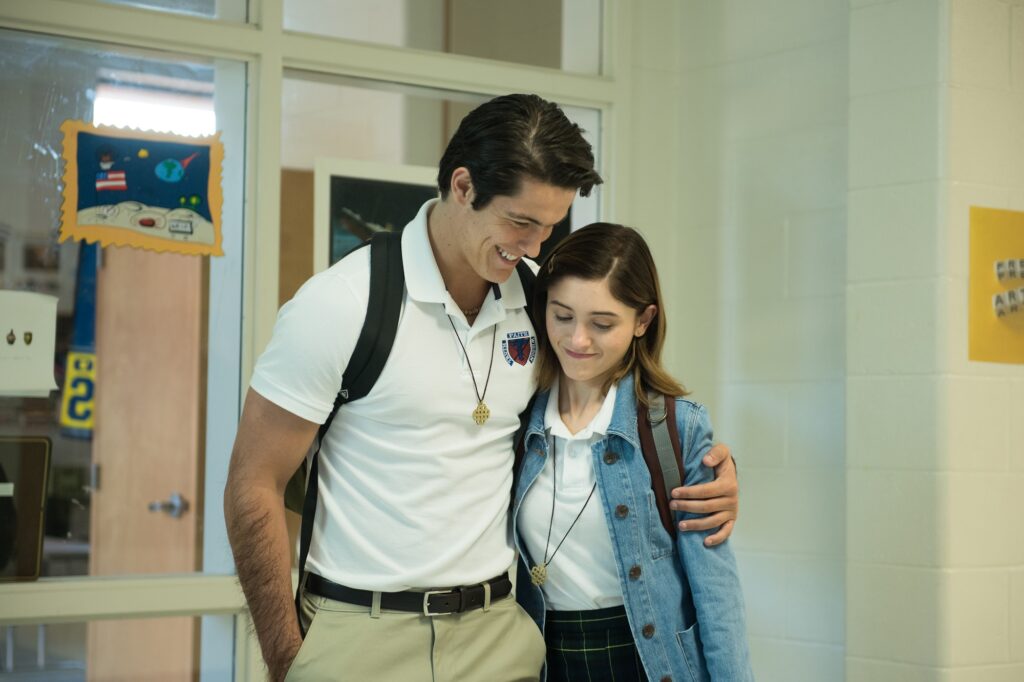
The themes of this film transcend Catholicism and any organised religion. And I grew up in America so I understand that culture better than others, but I think it’s a worldwide issue. Women are seen as less than within society, they often don’t have control over their own bodies and are led to believe that they’re not allowed to own their sexual pleasure. And that showed up in the way I was conditioned growing up, indirectly and prominently, to please men. Of course there are exceptions, but the prevailing sentiment is that women are meant to feel ashamed of these feelings. I saw a tweet the other day, I don’t remember who from, but it was saying that sex is supposed to feel good, it’s not just supposed to be absent of pain. I just thought that encapsulates it really well that women aren’t expected to have pleasure.
You’ve touched on this already, but could you talk more about the importance of demonstrating that sexual awakening through self-pleasure rather than through partnered sex?
It’s just because I hadn’t really seen it. There are films that are about young women coming of age where masturbation is just touched upon or joked at, but I really wanted to make it the centre of the film. Because for me at least, I remember discovering it and becoming sort of obsessed with this new thing I’d found. For me, it happened at an age long before I was even close to having a partnered experience. It’s such a big gap in your life before you even really understand sex, so that felt like an honest part of adolescence that I wanted to show on film.
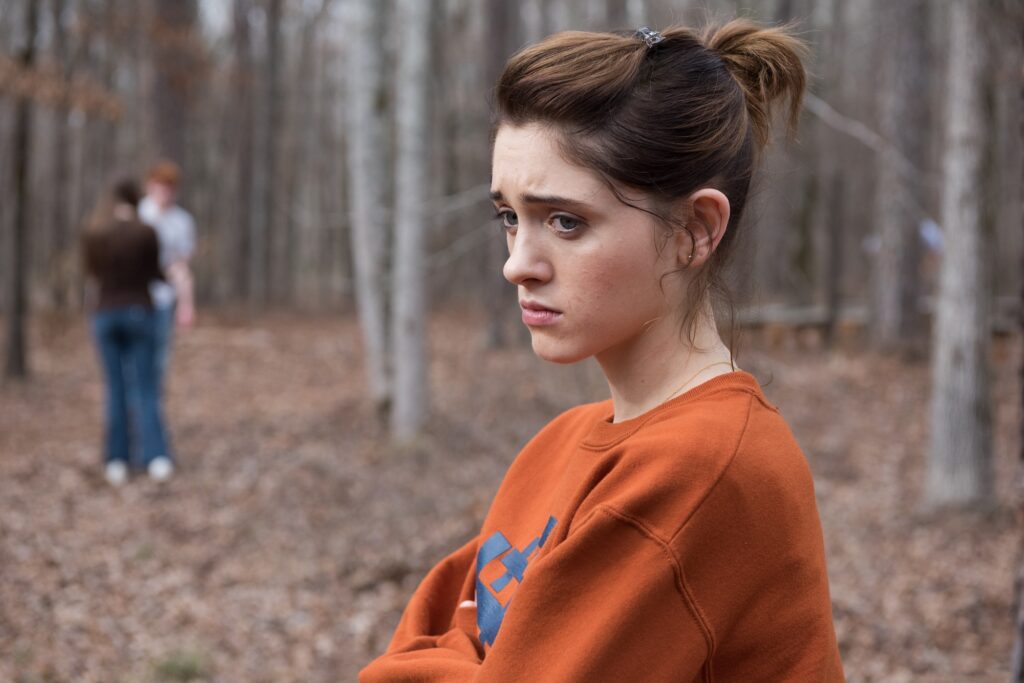
I feel like a lot of young people today are more comfortable talking about sex than they were 20 years ago, so what do you think they can draw from Yes, God, Yes?
Maybe that’s true. I think people are more comfortable talking about sex in general, I don’t know if people are more comfortable talking about female masturbation or female pleasure. I’m 35, so I don’t know how the younger generation thinks and talks about these things, but I still think there’s a stigma if you’re a woman about asking for pleasure and expecting to receive it. There’s a really great book I read while writing this script called ‘Girls & Sex’ by Peggy Orenstein and what she did was spend time with high school seniors and college-aged kids and spoke with them about their experiences. It’s much more modern book, yet most of the girls were having the same experiences I’d had as a teen, where you are expected to perform for the male and make sure he’s fulfilled, and that belief that sex is over as soon as the guy comes. I don’t think much has changed, but I do see it’s going down a more progressive path and I hope this film plays just a small role in continuing down that progression.
What other inspirations did you draw from when you wrote the screenplay?
A lot of coming-of-age movies from the 80s and 90s. I think Fast Times at Ridgemont High, that’s not something that directly inspired it but showed me what I didn’t want to do, because it was another example of partnered sex where it’s all about the man. The Diary of a Teenage Girl was very inspirational because it’s also about the protagonist having partnered sex but she’s owning it in a way that I hadn’t seen a young girl do before. PEN15 came out after I finished my film, but I loved it so much, there’s that amazing episode all about masturbation. There’s also a great podcast by Dan Savage called ‘Savage Love’; he’s an openly gay, anti-monogamist, formerly Catholic commentator who’s gone on many shows to debate famous conservatives. Because of his Catholic roots, listening to him discuss it is very informative.
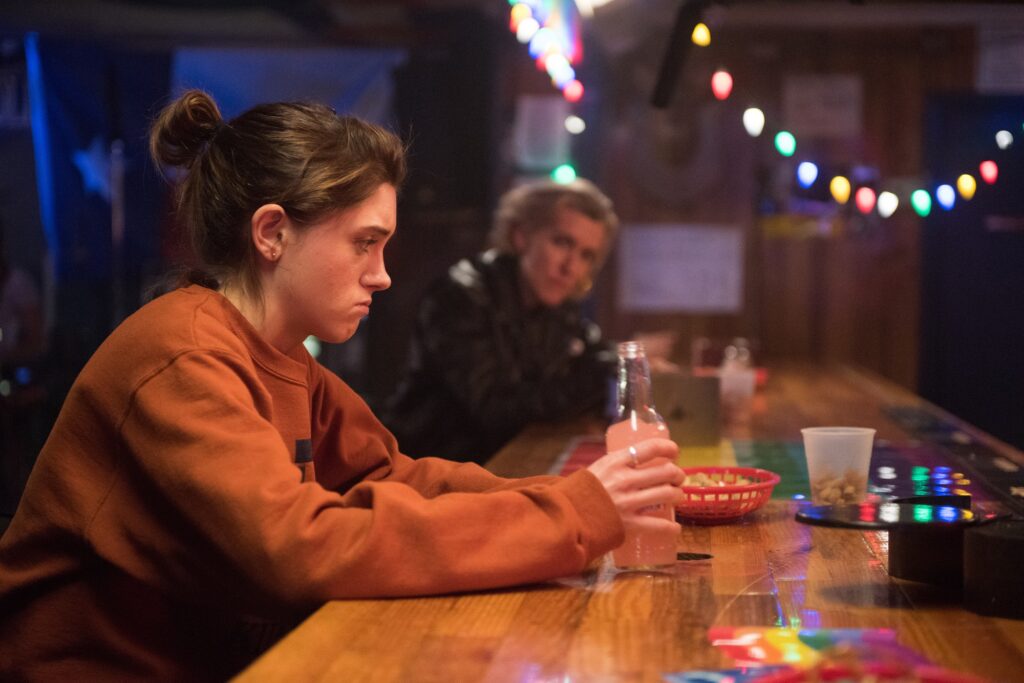
How has your relationship to religion changed since those high school years?
I’ve definitely turned away. Right when I turned 18, I became very staunchly atheist. Now that I’m older, I’m a little more open-minded to maybe being agnostic, but that’s as close as I’ve gotten. I married a Jewish man and I find the Jewish tradition very interesting because it’s very scholarly and academic, and they like to look back at the texts and constantly update them for the times, which is very much the opposite approach to Catholicism.
Finally, what’s next for you?
I’m in London right now and hopefully going to do a new TV series for the BBC and HBO Max starring Rose Matafeo, a New Zealand comedian who wrote the series and stars in it. I’ll be directing that.
Read our review of Yes, God, Yes here.
